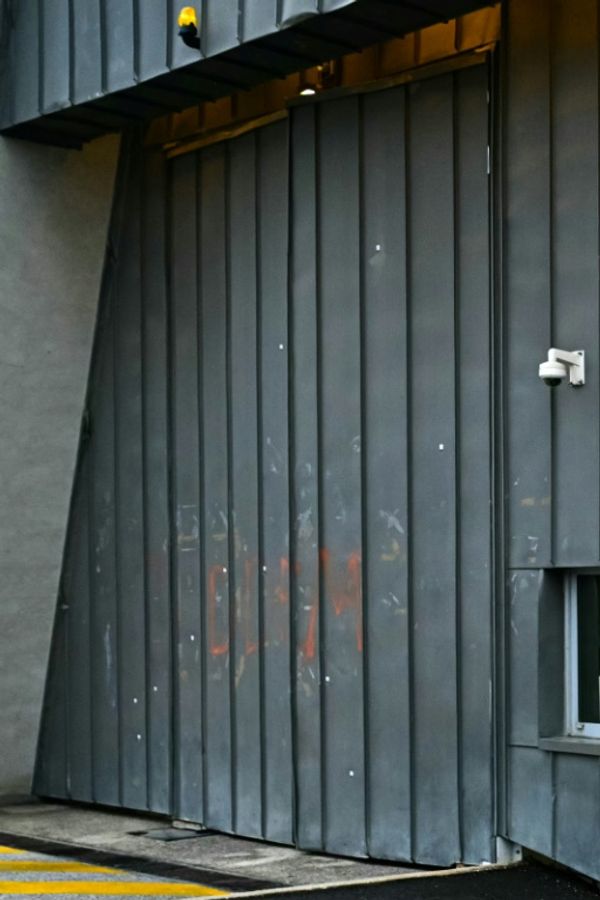An attempt to delay the expansion of Glasgow’s low emission zone (LEZ) to aid the struggling taxi trade has failed.
The next phase of the city's LEZ is set to come into force on May 31 this year but with a “one year grace period” on enforcement until June 2023. A further grace period is proposed for residents within the LEZ, until June 2024.
READ MORE: Notorious Glasgow landlord who used different names to avoid ban is struck off
A total of 134 objections to the roll-out were received, with 123 from the taxi industry, and figures show that, in December last year, just over a quarter of taxis were LEZ compliant — 395 of 1419.
The city’s Labour group had proposed pushing back enforcement of the zone until June 2024 but lost out in a narrow vote.
It said the taxi industry has been decimated due to the covid pandemic and drivers need more time to get their cars prepared.
Plans to widen the scope of Glasgow’s LEZ — designed to tackle air pollution in the city centre — to include all vehicles from June 1, 2023 have now progressed. Phase one of the LEZ affected local service buses only.
The phase two proposals will go before the council’s city administration committee on Thursday for approval and would then be sent to Scottish Ministers.
At the environment committee, Glasgow’s Labour group deputy leader Eva Murray called for enforcement to be delayed to “more fairly” recognise “the impacts of the pandemic on the taxi trade”.
She said: “There must be an acknowledgement of the additional struggles that have been faced over the past two years, with specific regard to those who work in our hackney cab trade.
“We must recognise that many of our hackney cab drivers are unable to afford a retrofitting or purchasing of new vehicles due to the decimation of the industry during the Covid-19 pandemic.
“A delay would allow drivers to obtain vehicles that are compliant, without it we potentially face a further crisis within our city’s taxi industry.”
The amendment, backed by Labour and Tory councillors, lost by seven votes to five, with SNP and Green councillors in favour of continuing with the 2023 roll-out.
A council officer said there is “no doubt” the taxi trade has “had a particularly rough time” but added support funds had been available to upgrade vehicles.
He said drivers could receive 80% of the costs up to a maximum of £5,000 and Transport Scotland has reported the total cost of retrofit work is just under £7,000.
Cllr Chris Cunningham, SNP, said: “This is an issue that has not sprung on anyone, we have been dealing with it for many years now and there has been plenty of notice for taxi drivers to engage with the process.
“I do wonder about what signal we send if we delay the implementation of this to those taxi drivers who have made the effort to have their cabs retrofitted or ensure their cabs are compliant, perhaps by buying new ones.”
Council leader Susan Aitken said she had “enormous sympathy” with the taxi trade but is “concerned” if “we keep extending, is there then an argument always made for extension?”.
“We know that air pollution is killing people in Glasgow, it is killing people every single year. How many more people continue to either die or fall ill or have existing chronic illnesses exacerbated the longer we delay on this?”
However, Cllr Matt Kerr, Labour, said: “I was one of those people who was very keen to bring in an LEZ quicker and I make no apologies for taking that position at the time.
“I think LEZ is a good policy, it’s a policy that we need to plough ahead with. The difficulty is events, we now have a taxi trade that has gone from being a reasonably thriving trade to one that is on the brink of collapse, and there are wider implications to this.”
He said the effect on people’s livelihoods had to be considered and that the hospitality sector is “similarly on its knees and there are workers in that sector who presently can’t get home from work because they can’t get a taxi because drivers are leaving the trade”.
Cllr Anna Richardson, SNP, city convener for sustainability and carbon reduction, has welcomed the progress on the full roll-out of the LEZ.
She said: “Seeking to restrict the most polluting vehicles from the zone area is the right thing to do to ensure that we mitigate the disproportionate impacts of air pollution upon the most vulnerable in our society.
“As we move toward full implementation, there will be continued publicity of the scheme and we shall continue to support a wide range of projects and initiatives that ease LEZ compliance including those that encourage higher levels of active and more sustainable travel and a reduced reliance on private vehicles.”







